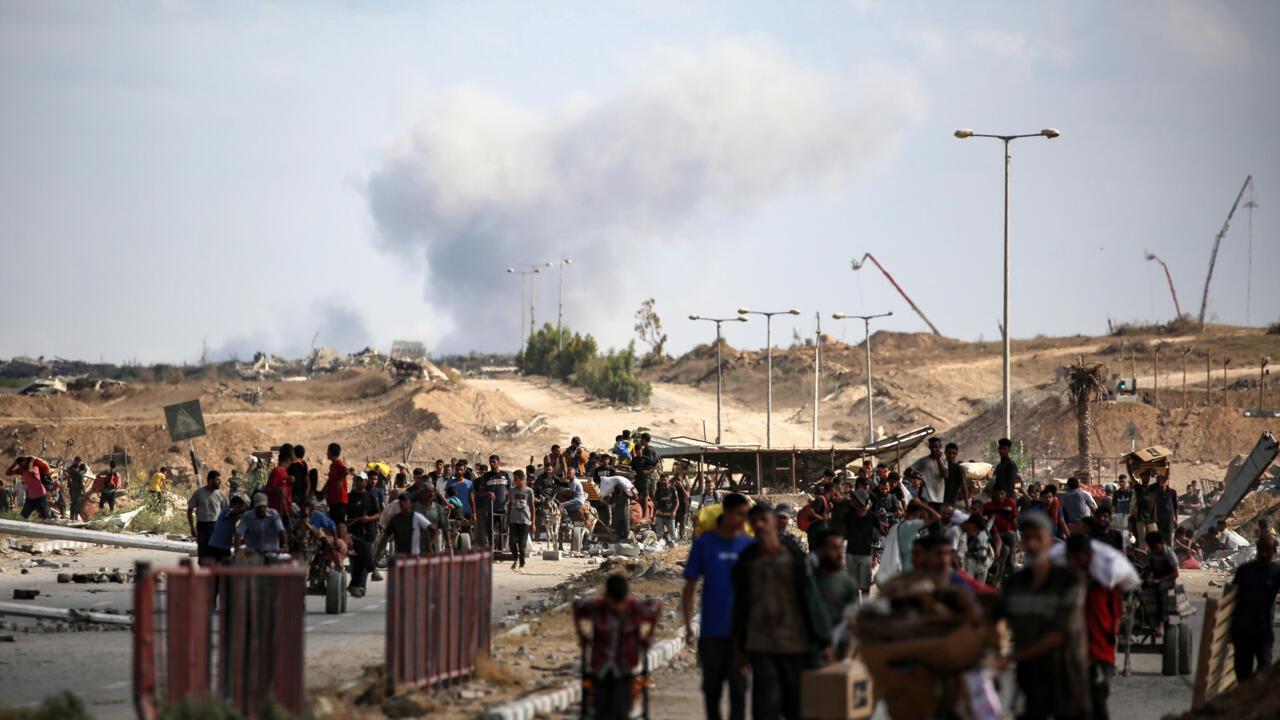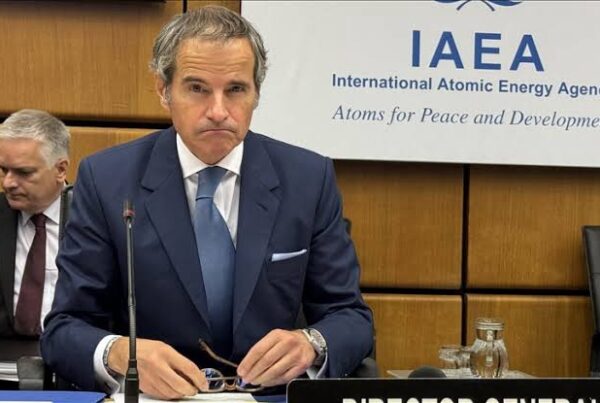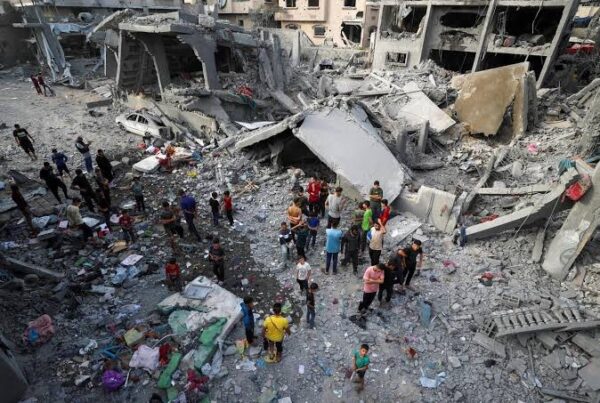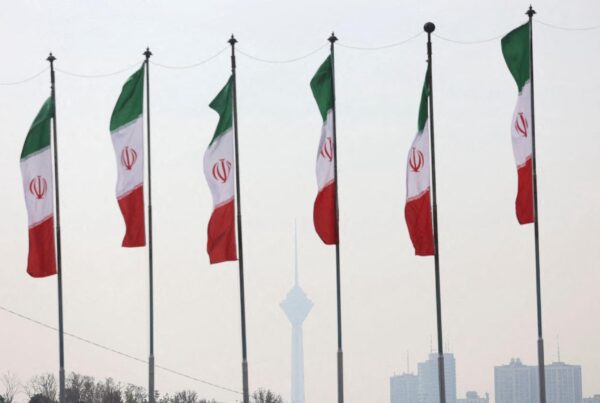Israel Hamas ceasefire negotiations are underway in Cairo, Egypt, marking another attempt to end the long-standing conflict between the two sides. The discussions, mediated by Egyptian officials, focus on implementing a ceasefire, exchanging prisoners, and reviewing elements of the peace plan proposed by former U.S. President Donald Trump.
The talks represent one of the most comprehensive negotiation rounds in recent years, as both sides seek to reduce hostilities following months of escalating violence in Gaza and southern Israel. International observers view Egypt’s role as pivotal, given its long history of mediating between Israel and Hamas since the 2008 Gaza war.
Egypt’s Central Role in Mediation
Egypt’s diplomatic efforts have consistently shaped ceasefire frameworks across the Middle East. Cairo’s intelligence officials are leading the current discussions, hoping to broker a framework that could include a lasting truce and humanitarian access to Gaza.
Egypt’s Mediation Strategy
Egypt has maintained communication channels with both Israel Hamas leadership, using backchannel diplomacy to propose phased agreements. Sources close to the negotiation said Egypt’s current approach emphasizes humanitarian measures as a foundation for broader political dialogue.
Cairo’s position as a neutral mediator has allowed it to gain trust from regional actors, including Qatar and Jordan. Its proximity to Gaza also provides logistical leverage in monitoring border crossings and implementing ceasefire mechanisms.
Regional Support and Diplomatic Pressure
Regional governments, including Saudi Arabia and Jordan, have publicly endorsed Egypt’s initiative. Meanwhile, the U.S. has sent a delegation of senior advisors to support the process, emphasizing Washington’s interest in stabilizing the region ahead of possible broader peace discussions.
Analysts suggest that while Egypt can mediate effectively, lasting peace depends on each side’s willingness to compromise—something that has eluded past negotiations.
Trump’s Peace Plan Revisited
The reintroduction of Trump’s peace plan has stirred debate within the talks. Originally unveiled in 2020, the plan proposed a two-state solution with conditions heavily favoring Israel’s security interests while offering economic incentives to Palestinians.
The Core Proposals of the Plan
Under Trump’s framework, Israel would maintain control over key territories in the West Bank, while Palestinians would receive limited autonomy and substantial economic aid. The plan also outlined a $50 billion investment fund aimed at boosting Palestinian infrastructure and governance.
During the current Cairo talks, negotiators from Hamas expressed skepticism toward the plan’s political aspects but welcomed discussions around humanitarian relief and economic rebuilding, particularly for Gaza’s reconstruction efforts.
Reactions from Both Sides
Israeli officials indicated openness to discussing prisoner exchange and temporary ceasefire terms but refrained from commenting on the political dimensions of the Trump proposal. Hamas representatives, however, have insisted that any agreement must ensure full access to humanitarian aid and reconstruction materials without Israeli restrictions.
International mediators believe integrating parts of Trump’s economic framework could provide a pathway to reduce tensions while avoiding politically charged territorial disputes.
Prisoner Exchange as a Key Agenda
One of the most sensitive issues in the Israel Hamas negotiations is the exchange of prisoners. Both sides have a long history of such exchanges, often involving complex diplomatic coordination.
Past Exchanges and Their Impact
The 2011 Gilad Shalit deal, in which Israel exchanged over 1,000 Palestinian prisoners for one captured Israeli soldier, remains a reference point. That agreement, while controversial in Israel, demonstrated that negotiated swaps could serve as confidence-building measures.
In the current discussions, Hamas seeks the release of hundreds of Palestinians detained in Israeli prisons, including women and minors. Israel, in turn, demands the return of two civilians and the remains of soldiers believed to be held in Gaza.
Humanitarian and Political Implications
Human rights groups have urged both parties to prioritize humanitarian principles, emphasizing that prisoner exchanges often pave the way for longer-term peace initiatives. Egyptian mediators reportedly proposed a phased approach, linking releases to verified ceasefire compliance.
International observers argue that a successful prisoner swap could set the stage for renewed talks on border control, reconstruction, and potentially a broader political roadmap.
International Reactions and U.S. Involvement
The United States has expressed cautious optimism about the progress in Egypt. Although the original Trump peace framework faced criticism for its imbalance, Washington officials view the current talks as a pragmatic step toward de-escalation.
Biden Administration’s Support Role
The Biden administration has maintained indirect support, focusing on humanitarian access and the prevention of further violence. Senior U.S. diplomats stated that any regional stability benefits both Israeli and Palestinian civilians and contributes to broader Middle East peace efforts.
At the same time, the European Union has pledged additional funding for Gaza’s reconstruction, contingent on ceasefire implementation. The UN has also signaled readiness to monitor future agreements if invited by the mediators.
Global Reactions to Egypt’s Leadership
Countries like France, Germany, and the United Kingdom have applauded Egypt’s initiative, recognizing its consistent role in de-escalating regional tensions. Meanwhile, neighboring Jordan has offered to host follow-up dialogues once initial terms are agreed upon.
Challenges and Outlook
Despite optimism, significant obstacles remain. Deep mistrust between Israel Hamas leaders, coupled with political divisions among Palestinian factions, continues to hinder progress. Israeli domestic politics, particularly debates surrounding security and sovereignty, add further complexity.
The Road Ahead
Analysts note that both sides are facing internal pressures: Israel from security hardliners and Hamas from Gaza’s humanitarian crisis. These pressures might motivate short-term compromises but could undermine long-term commitments.
Egypt’s mediators aim to draft a preliminary agreement within weeks, though insiders warn that last-minute political shifts could delay the process.
A Fragile but Crucial Moment
Observers agree that the Cairo talks mark a rare convergence of opportunity and necessity. The inclusion of economic relief discussions from Trump’s plan, coupled with the humanitarian urgency in Gaza, has created a unique diplomatic window.
For now, the world watches as Cairo attempts once again to turn fragile dialogue into tangible peace.
The ongoing negotiations in Egypt could redefine future relations between Israel Hamas and broader Middle East diplomacy. While skepticism remains, the talks highlight the potential of multilateral efforts where old proposals like Trump’s plan meet new humanitarian realities.
Readers can explore more in-depth analyses of Middle East peace efforts and regional diplomacy on Olam News, where global developments are covered with accuracy and balance.




